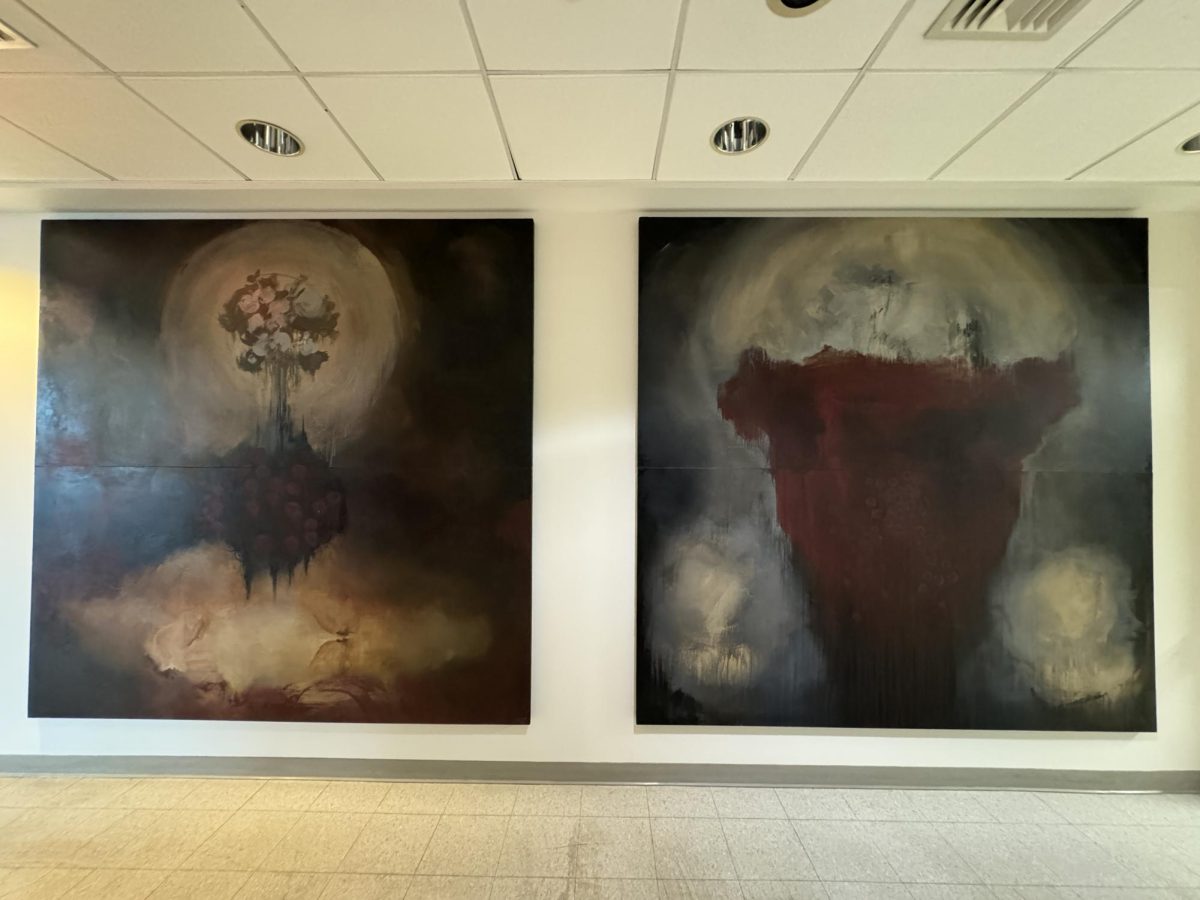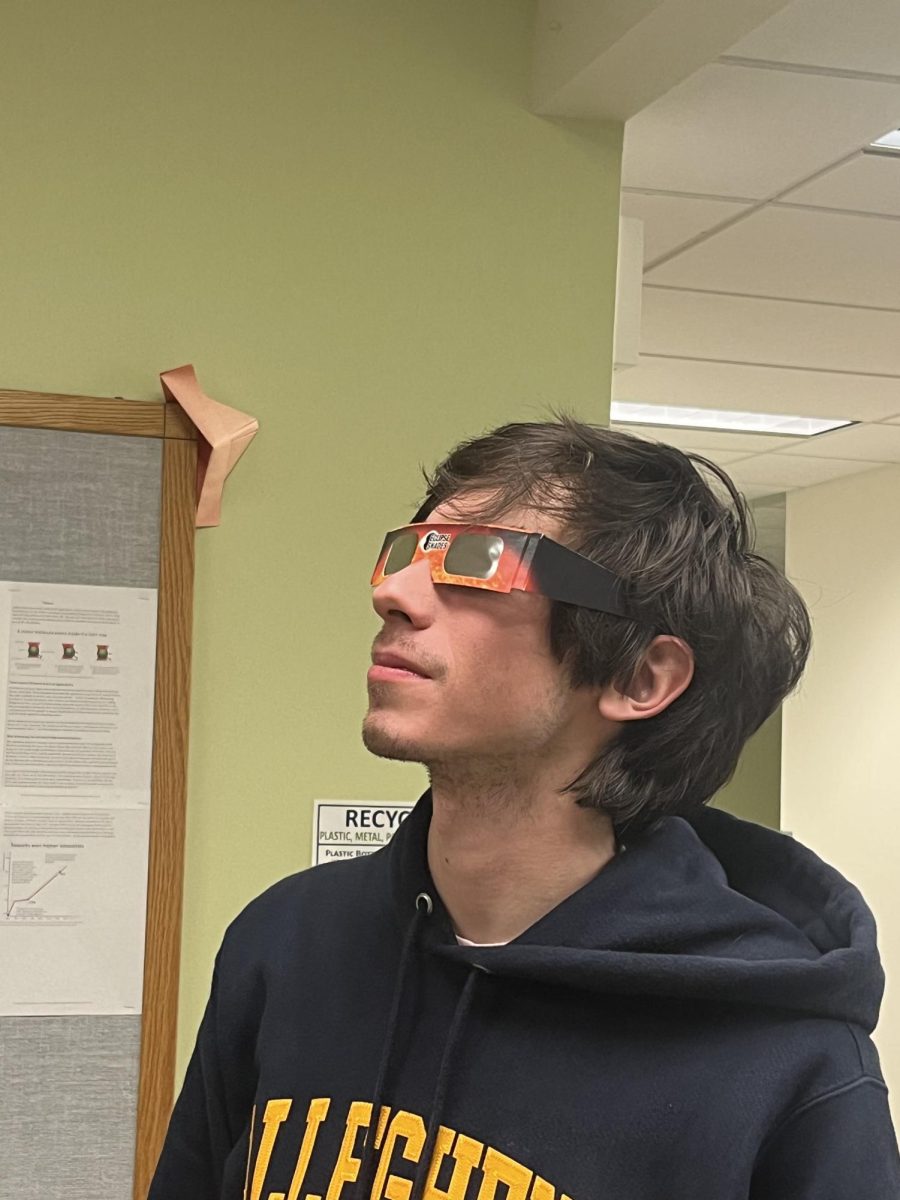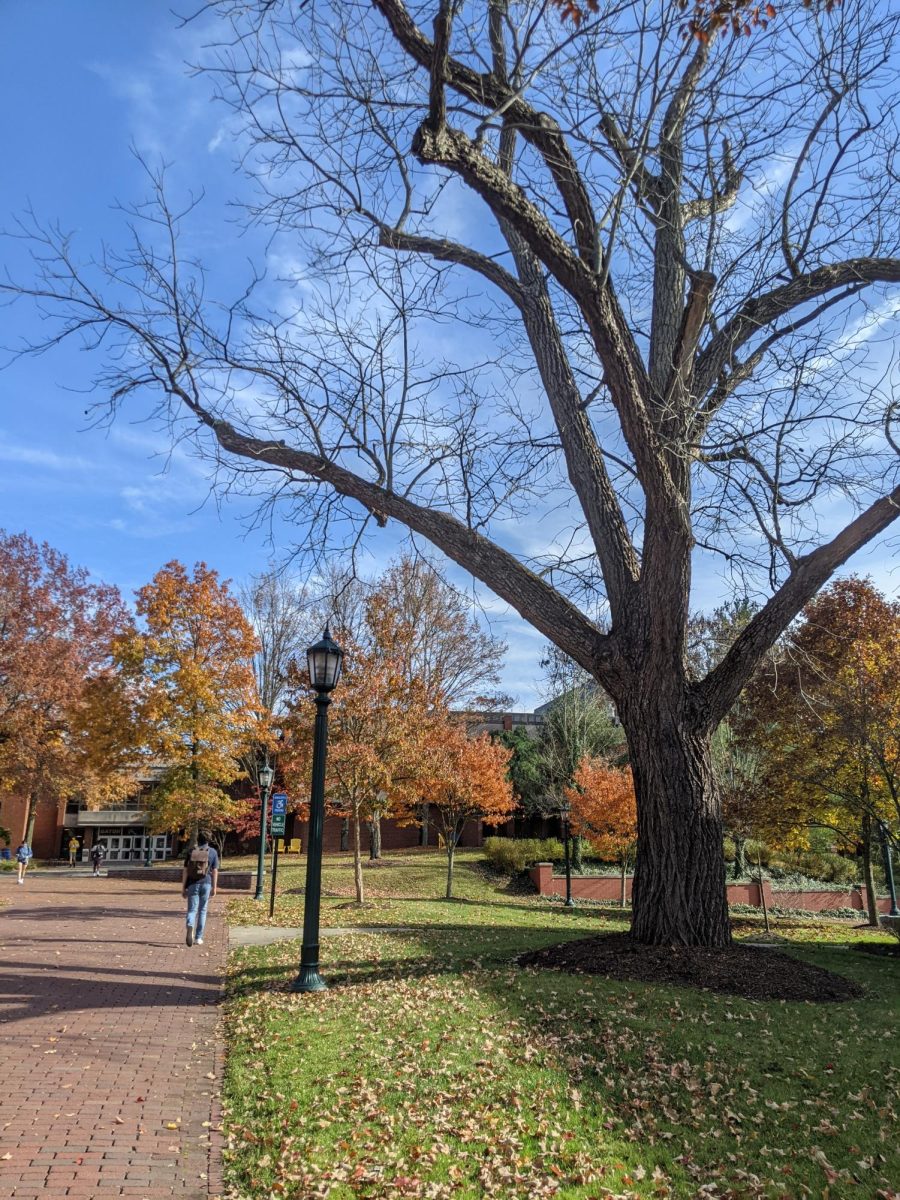By Chenoa TracyStone
Contributing Writter
If you happened to stop by the Quigley auditorium during the last session of Gator Day events, you would have seen a packed room listening intently to this year’s Chester Darling Lecture, which was delivered by Dr. Margaret Bauer, an associate professor at the Department of Microbiology and Immunology of Indiana University. Bauer has spent the majority of her professional career studying Haemophilus ducreyi, a bacterial pathogen, and how it interacts with its human host.
She focuses specifically on the virulence mechanisms the organism uses to survive in vivo (as a whole organism living in its natural environment), as opposed to in vitro, where the pathogen would be grown and studied in a petri dish or some other synthetic environment. Many of the mechanisms that H. ducreyi uses are utilized by other pathogens to evade the specific and nonspecific defenses the human body raises against pathogens.
H. ducreyi, common in Africa and Southeast Asia, causes genital ulcers called chancroid. Chancroid ulcers aid in the acquisition and transmission of HIV from person to person. Humans are the only known reservoir in which chancroid occurs. Four to six million cases are reported annually and this is a low figure since chanroid is a highly underreported condition. This fact, coupled with the relatively low infectious dose, has allowed chancroid to spread fairly extensively, especially in resource-poor regions.
This amazingly resilient pathogen has developed strategies to survive the incredibly hostile environment in which it lives: the human body. There is a constant redistribution of advantages which maintains the balance between the human body and the millions of foreign elements that it encounters. Sometimes we lose, but each loss is an opportunity to learn, and, as Dr. Bauer knows, “once we learn something in science, we never stop questioning.”





